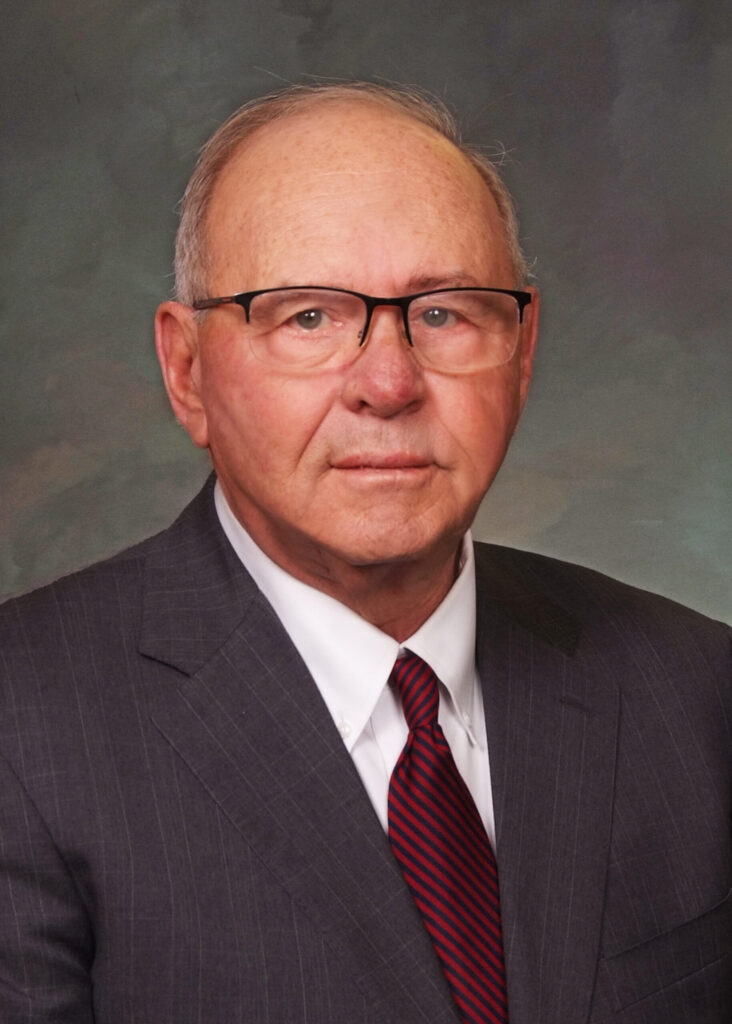Address substance use as public-health, not criminal, issue | FEEDBACK

Trissana De Leon

Hannan Braun

Stephanie Stewart
Fentanyl has taken a devastating toll on our communities, with nearly one in 10 Coloradans having lost a family member to drug overdose. Fentanyl is a synthetic opioid 50 to 100 times stronger than morphine. Fentanyl is driving our current overdose crisis; you are now more likely to die from a drug overdose than a car crash in the United States.
Colorado’s Senate Bill 25-044, which aims to increase criminal penalties for offenses involving synthetic opioids, such as fentanyl and its analogs, is a misguided approach to the state’s current drug crisis. More than 50 years of “War on Drug” related policies enforcing harsher sentences for drug-related crimes have not resulted in a decrease in substance use, drug availability, drug-related crimes, or overdose rates. This proposed legislation would make the sale or distribution of any amount of substance containing fentanyl or its analogs a level-1 felony and make the possession of any quantity of a substance containing fentanyl a level-4 felony. It also repeals existing provisions that account for mistaken possession or allow for rehabilitation through community-based sentences. The likely consequence of this proposed legislation would be dramatically higher incarceration rates and paradoxically an alarming increase in overdose deaths as overdose rates following incarceration can be 10 times higher than the general population due to a loss of tolerance during a period of forced sobriety.
Stay up to speed: Sign up for daily opinion in your inbox Monday-Friday
Now is the time to focus on solutions shown to reduce substance use and overdose. As addiction medicine professionals, we urge Colorado legislators address substance use as a public health issue rather than a criminal one by prioritizing and pursing evidence-based strategies to reduce its associated morbidity and mortality. Expanding access to treatment services, medications for addiction treatment, harm-reduction services, life-saving naloxone and strengthening Good Samaritan laws are all proven strategies to effectively reduce the harms associated with substance use and decrease overdose deaths.
As the opioid and overdose epidemic evolves, so does how we need to respond as a community. Let more than 50 years of failed drug policy educate our response to this epidemic moving forward. Rarely, if ever, is increased incarceration the answer. Let’s prioritize saving lives over punishment. Only then can we hope to make meaningful progress in addressing the complex challenges posed by synthetic opioids and substance use in our community.
Trissana DeLeon, NP
Hannan Braun, MD, FASAM
Stephanie Stewart, MD, MPHS, FASAM
Members of the Colorado Society of Addiction Medicine
Send us your feedback: Click here.











